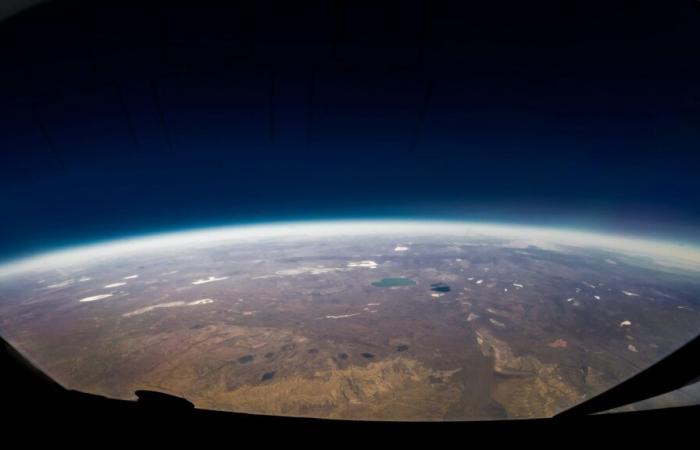The ionosphere is that region which begins at more than 50 km altitude and extends up to 1500 km. However, a team of researchers has just tested the feasibility of drawing up a map using telephones whose users have both feet on Earth.
Explanation. Because it extends to the ends of space, the ionosphere is subject to the constant bombardment of particles from solar flares and the rest of the cosmos. It is an “unstable” region, whose mood swings have an impact on satellites and particularly, in the last decade, on those satellites from which extreme precision is required: those on which our GPS depends.
Researchers from Google and two American universities therefore wanted to test whether, using combined data from 40 million phones, we could draw up a more precise map of these jolts. Which would be both a way to better understand them… and to improve the performance of GPS, hence Google’s interest in this research.
Their conclusion: the “measurements” obtained by phones cover twice as much “ground” as those from scientific stations dedicated to monitoring the ionosphere – for the simple reason that there are more regions where phones are found .
The idea was to compare the time it takes for a radio signal to travel from the GPS satellite to the phone, depending on whether or not that signal is affected by electrically charged particles in the ionosphere. What would have been impossible to calculate until now became possible with 40 million phones.
The results, published in the journal Natureare preliminary: they do not allow conclusions to be drawn on the behavior of the ionosphere or on ways of adapting to it. But the researchers see their experience as a first step towards, with a better understanding of what is happening up there, reducing the errors most often attributable to GPS: an incorrect location or a navigation error.
A blind spot: it will be difficult, with this method, to have a lot of data from two thirds of the Earth’s surface, i.e. that portion which is covered by oceans…






